More stores in Japan’s ancient capital cities are now offering fully functional and fashionable hijabs to accommodate guests from all over the world.
islam
A Muslim man being detained at a Yokohama immigration center was served pork and has gone on a hunger strike in protest.
Japanese culture has spread throughout the world with food, anime, video games, and more. But one region that hasn’t taken in as much of what Japan has to offer as the rest of the world is the Middle East and other Muslim countries.
Until now. Pictures of young Muslim women incorporating Japanese Lolita fashion with their traditional hijab head scarves have been exploding in popularity online. Could this start a new trend toward Muslim idol groups and cosplay conventions?
We’ve spoken a little before about how Japanese fashion retailer Uniqlo has (arguably) kind of a dorky image in Japan. But you can’t fault the brand’s dedication to functional fashion, as well as their market savvy. By bringing out a range of Muslim-appropriate clothing for its stores in Singapore and Malaysia, Uniqlo has demonstrated once again why they should be everyone’s go-to place for stocking up on wardrobe essentials.
Let’s check out the new range!
While Islam is practiced worldwide, many of us tend to only think of the Muslims in the Middle East, looking past those in Southeast Asia. However, with over 87% of its people identifying as Muslim, Indonesia actually has the largest population of Muslims in the world.
The young adult Muslim culture in Indonesia is not that much different from youth culture anywhere else in the world these days: everyone has smartphones and, like them or not, selfies are the norm. A previously celebrated young Muslim cleric, however, has recently proclaimed that the act of taking a selfie is a sin – a claim which many young Muslims in Indonesia have taken great offense to.
How did they respond to the condemnation of their smartphone snaps? By taking even more selfies than ever before.
Anyone with dietary restrictions who has been to Japan will know that it can be quite frustrating. If you’re a vegetarian, you’ll be shocked to hear that the fish head in your miso soup “isn’t meat.” And if you don’t drink, well, good luck at the nomikai (drinking parties).
For Muslims who follow a halal diet of no pork, alcohol, and other restrictions, it can be extremely difficult. Pork-broth is very common in Japan, alcoholic mirin and sake are often used in cooking, and in Japan animals who have been slaughtered according to Islamic guidelines are about as rare as a mosque. But thanks to a halal-friendly karaoke parlor that’s just opened in Tokyo’s Yotsuya, Muslim customers finally have a place to kick back, belt some tunes, and not worry about dictionary-checking every ingredient.
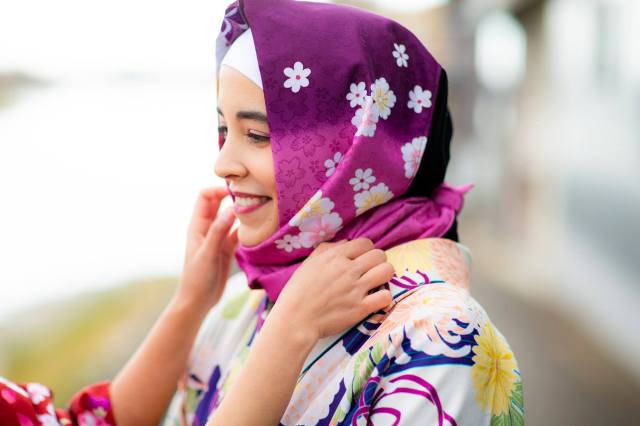
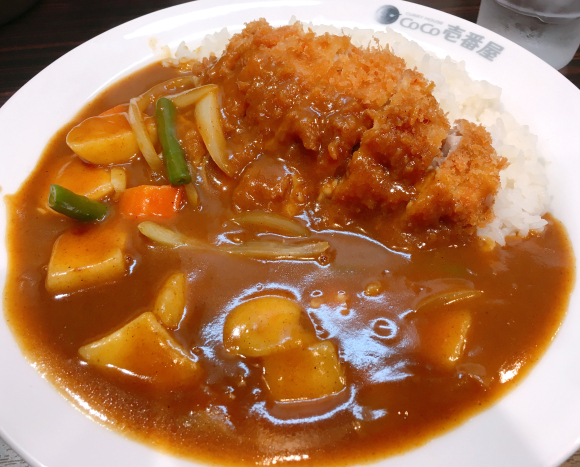
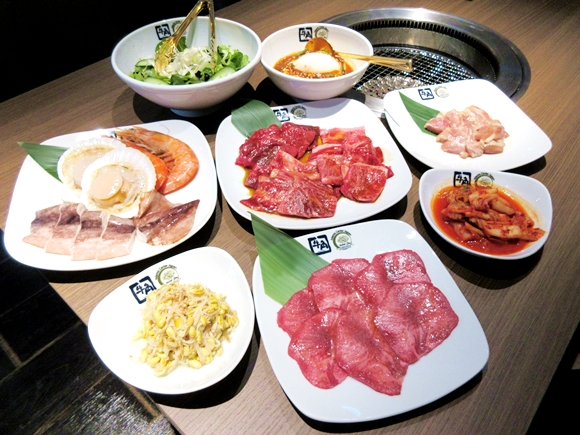

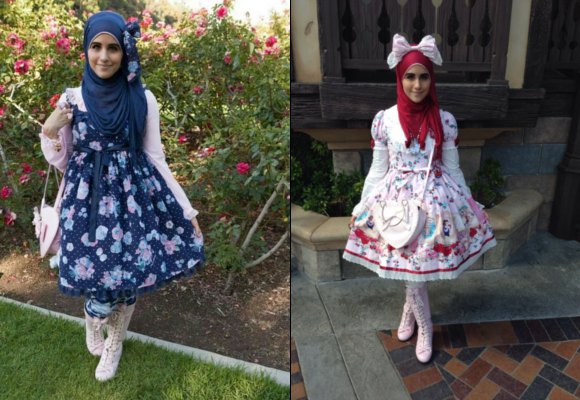
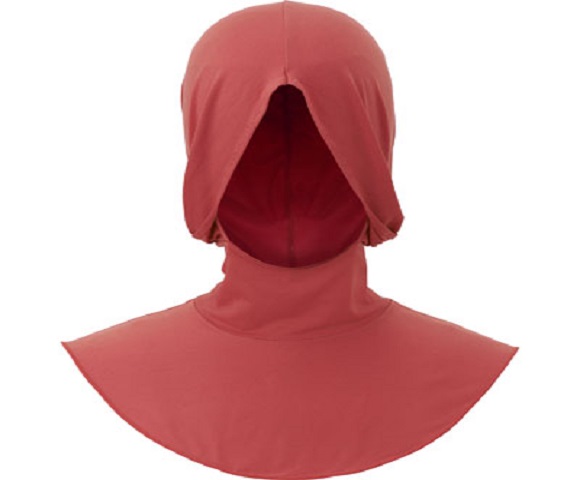
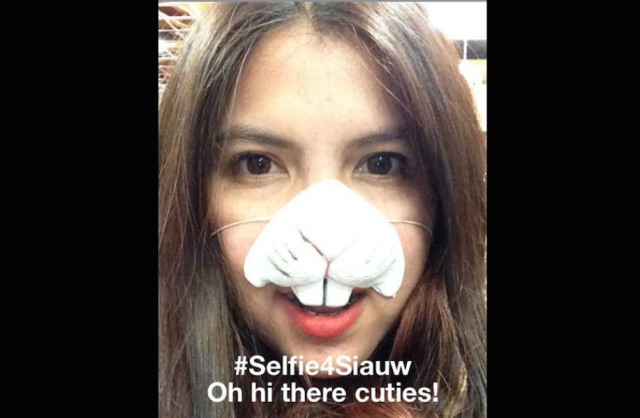

 Starbucks Japan unveils new sakura cherry blossom collection for hanami season 2026
Starbucks Japan unveils new sakura cherry blossom collection for hanami season 2026 One Piece creator has hidden secret of anime treasure’s identity in chest at bottom of real-world ocean
One Piece creator has hidden secret of anime treasure’s identity in chest at bottom of real-world ocean The results are in! One Piece World Top 100 characters chosen in global poll
The results are in! One Piece World Top 100 characters chosen in global poll Japan’s cherry blossom season predicted to start earlier than we’d thought, especially in Tokyo
Japan’s cherry blossom season predicted to start earlier than we’d thought, especially in Tokyo Over four billion yen in lost cash was found in Tokyo last year, setting new record
Over four billion yen in lost cash was found in Tokyo last year, setting new record Is Tokyo Station’s startlingly expensive wagyu bento boxed lunch worth its high price?[Taste test]
Is Tokyo Station’s startlingly expensive wagyu bento boxed lunch worth its high price?[Taste test] Live-action One Piece’s Luffy teaches Sesame Street’s Elmo a Japanese word for friendship[Video]
Live-action One Piece’s Luffy teaches Sesame Street’s Elmo a Japanese word for friendship[Video] Visiting Japan’s one-and-only, and only-for-a-limited-time, Dragon Ball noodle restaurant[Photos]
Visiting Japan’s one-and-only, and only-for-a-limited-time, Dragon Ball noodle restaurant[Photos] Which convenience store onigiri rice balls are the most popular? Survey reveals surprising results
Which convenience store onigiri rice balls are the most popular? Survey reveals surprising results The best Hobonichi diaries, covers and stationery for 2026
The best Hobonichi diaries, covers and stationery for 2026 Starbucks Japan releases first-ever Hinamatsuri Girls’ Day Frappuccino
Starbucks Japan releases first-ever Hinamatsuri Girls’ Day Frappuccino Japanese restaurant chain serves Dragon Ball donuts and Senzu Beans this spring
Japanese restaurant chain serves Dragon Ball donuts and Senzu Beans this spring Japan Extreme Budget Travel! A trip from Tokyo to Izumo for just 30,000 yen [Part 2]
Japan Extreme Budget Travel! A trip from Tokyo to Izumo for just 30,000 yen [Part 2] Japan’s craziest burger chain takes menchi katsu to new extreme levels
Japan’s craziest burger chain takes menchi katsu to new extreme levels Sakura Festival in Chiyoda mixes illuminations, boats, music, and Rilakkuma in the heart of Tokyo
Sakura Festival in Chiyoda mixes illuminations, boats, music, and Rilakkuma in the heart of Tokyo Viral Japanese cheesecake from Osaka has a lesser known rival called Aunt Wanda
Viral Japanese cheesecake from Osaka has a lesser known rival called Aunt Wanda Japan’s newest Shinkansen has no seats…or passengers [Video]
Japan’s newest Shinkansen has no seats…or passengers [Video] Starbucks Japan releases new sakura goods and drinkware for cherry blossom season 2026
Starbucks Japan releases new sakura goods and drinkware for cherry blossom season 2026 Foreigners accounting for over 80 percent of off-course skiers needing rescue in Japan’s Hokkaido
Foreigners accounting for over 80 percent of off-course skiers needing rescue in Japan’s Hokkaido Super-salty pizza sends six kids to the hospital in Japan, linguistics blamed
Super-salty pizza sends six kids to the hospital in Japan, linguistics blamed Starbucks Japan unveils new sakura Frappuccino for cherry blossom season 2026
Starbucks Japan unveils new sakura Frappuccino for cherry blossom season 2026 Foreign tourists in Japan will get free Shinkansen tickets to promote regional tourism
Foreign tourists in Japan will get free Shinkansen tickets to promote regional tourism The 10 most annoying things foreign tourists do on Japanese trains, according to locals
The 10 most annoying things foreign tourists do on Japanese trains, according to locals Take a trip to Japan’s Dododo Land, the most irritating place on Earth
Take a trip to Japan’s Dododo Land, the most irritating place on Earth Naruto and Converse team up for new line of shinobi sneakers[Photos]
Naruto and Converse team up for new line of shinobi sneakers[Photos] Survey asks foreign tourists what bothered them in Japan, more than half gave same answer
Survey asks foreign tourists what bothered them in Japan, more than half gave same answer Japan’s human washing machines will go on sale to general public, demos to be held in Tokyo
Japan’s human washing machines will go on sale to general public, demos to be held in Tokyo Starbucks Japan releases new drinkware and goods for Valentine’s Day
Starbucks Japan releases new drinkware and goods for Valentine’s Day We deeply regret going into this tunnel on our walk in the mountains of Japan
We deeply regret going into this tunnel on our walk in the mountains of Japan Studio Ghibli releases Kodama forest spirits from Princess Mononoke to light up your home
Studio Ghibli releases Kodama forest spirits from Princess Mononoke to light up your home Major Japanese hotel chain says reservations via overseas booking sites may not be valid
Major Japanese hotel chain says reservations via overseas booking sites may not be valid Put sesame oil in your coffee? Japanese maker says it’s the best way to start your day【Taste test】
Put sesame oil in your coffee? Japanese maker says it’s the best way to start your day【Taste test】 No more using real katana for tourism activities, Japan’s National Police Agency says
No more using real katana for tourism activities, Japan’s National Police Agency says Is Tokyo Station’s startlingly expensive wagyu bento boxed lunch worth its high price?[Taste test]
Is Tokyo Station’s startlingly expensive wagyu bento boxed lunch worth its high price?[Taste test] Live-action One Piece’s Luffy teaches Sesame Street’s Elmo a Japanese word for friendship[Video]
Live-action One Piece’s Luffy teaches Sesame Street’s Elmo a Japanese word for friendship[Video] Visiting Japan’s one-and-only, and only-for-a-limited-time, Dragon Ball noodle restaurant[Photos]
Visiting Japan’s one-and-only, and only-for-a-limited-time, Dragon Ball noodle restaurant[Photos] Which convenience store onigiri rice balls are the most popular? Survey reveals surprising results
Which convenience store onigiri rice balls are the most popular? Survey reveals surprising results The best Hobonichi diaries, covers and stationery for 2026
The best Hobonichi diaries, covers and stationery for 2026 Japan Extreme Budget Travel! A trip from Tokyo to Izumo for just 30,000 yen [Part 2]
Japan Extreme Budget Travel! A trip from Tokyo to Izumo for just 30,000 yen [Part 2] The “Nintendo PlayStation”: a look at the console that could’ve changed gaming history【Video】
The “Nintendo PlayStation”: a look at the console that could’ve changed gaming history【Video】 Japanese drugstore sells onigiri at pre-stupid era prices, but how do they compare to 7-Eleven?
Japanese drugstore sells onigiri at pre-stupid era prices, but how do they compare to 7-Eleven? Tokyo Skytree turns pink for the cherry blossom season
Tokyo Skytree turns pink for the cherry blossom season Burgers soaked in a plate of hot cheese served at American Diner Andra in Tokyo
Burgers soaked in a plate of hot cheese served at American Diner Andra in Tokyo Daiso opens massive new 25,392-square foot Tokyo flagship store with its two sub-brands included
Daiso opens massive new 25,392-square foot Tokyo flagship store with its two sub-brands included Enjoy latte art at home in seconds with the amazingly easy-to-use Deco Latte strips
Enjoy latte art at home in seconds with the amazingly easy-to-use Deco Latte strips